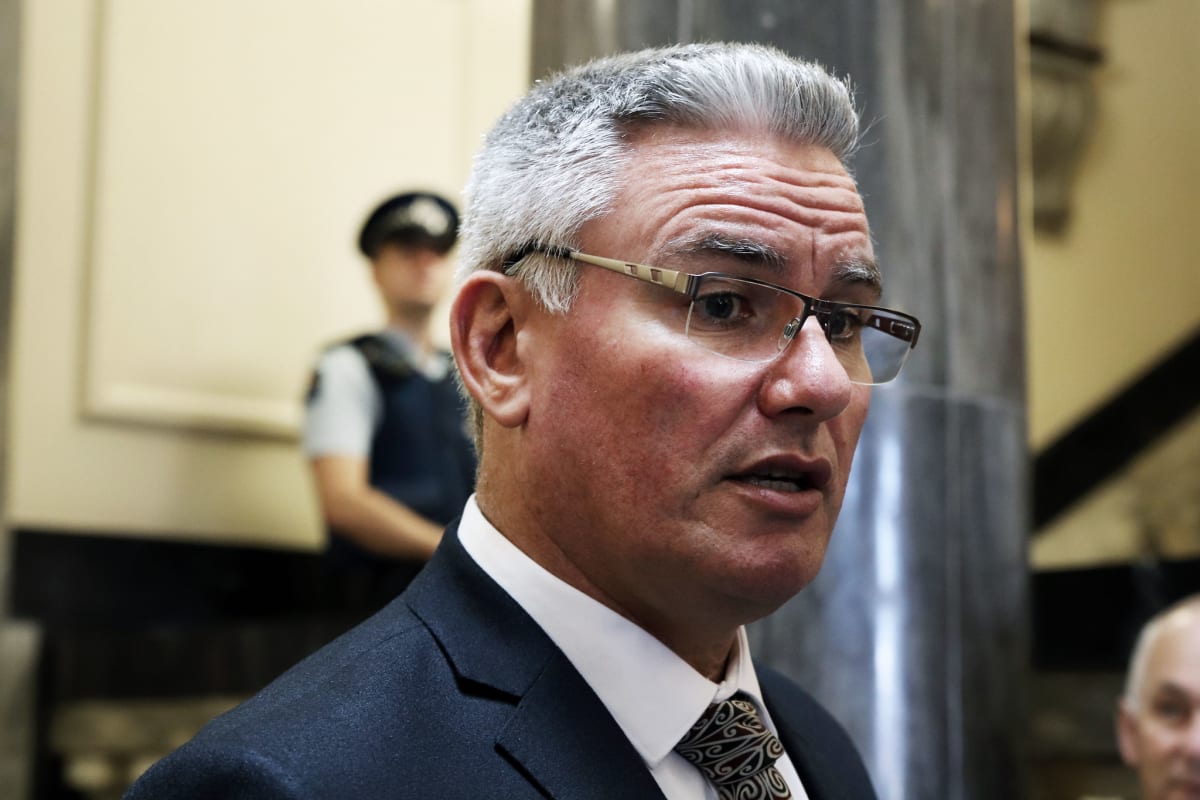
Our electoral system has been dragged through the mud over how long it takes to tally up special votes, but it turns out there's a time penalty to pay for democracy.
One commentator said it was "driving me to want to drink" and New Zealand needs to "cut through this crap with some sort of bloody chainsaw".
Others have lauded Aotearoa's electoral system, saying although it takes a long time, it's secure and accurate.
On today's episode of The Detail, we talk about how well our electoral systems work, and if any changes are needed.
NZ Herald's deputy political editor Thomas Coughlan says the vote count is slower partly because people can enrol to vote on election day, a rule that was introduced in 2020.
Coughlan cast one of these himself.
"This year I was really lazy and didn't enrol, so I cast a special vote and enrolled on the day – partly as well because I'm a bit of an elections tourist and I thought I'd see what the process was like," he says.
"I wouldn't recommend it. It took about 10 minutes, which was much longer than the usual process, where you just wander in and tick a box.
"The reason why these votes take so long is that when they're processed, the Electoral Commission has to actually see whether you are eligible to vote and make sure that you haven't voted multiple times."

Coughlan says there weren't complaints like this three years ago because Labour had such an obvious majority on election night – and back in 2017, it only took two weeks for special votes to be counted because people couldn't enrol to vote on the day.
Coughlan takes The Detail through the history of our mixed-member proportional (MMP) system and where it's at now.
"The issue with election systems is it's always a trade-off. I think MMP's virtues are probably overstated because first-past-the-post (FPP) had a pretty bad run in the last years of its existence in New Zealand."
It's thirty years since New Zealand voted to switch from MMP to FPP via a 1993 referendum, with the first MMP election taking place in 1996.
Oliver Hartwich, the executive director of thinktank The New Zealand Initiative, gives The Detail a rundown of MMP in his home country – Germany – where the MMP model was created.

"It's been in New Zealand now for 30 years and yet, we are still playing MMP with an FPP accent," he says.
"The Germans have played this for a lot longer.
"In Germany, of course, you have a federal system ... altogether, you've got 17 different parliaments and that also means you have 17 separate elections ... every three and a half months, on average, there's an election somewhere in Germany.
"You get to a certain routine, you know how the system is played. Whereas in New Zealand of course, we are only doing this every three years, we haven't got states, we can't actually practice this in the meantime, so maybe there is a bit of a lack of muscle memory when it comes to just how it works."
Hartwich also talks about the other differences in Germany – such as exit polling on election day, and having no ban on media coverage of the election before polls close, which he believes makes the process more efficient.
Check out how to listen to and follow The Detail here.
You can also stay up-to-date by liking us on Facebook or following us on Twitter.








